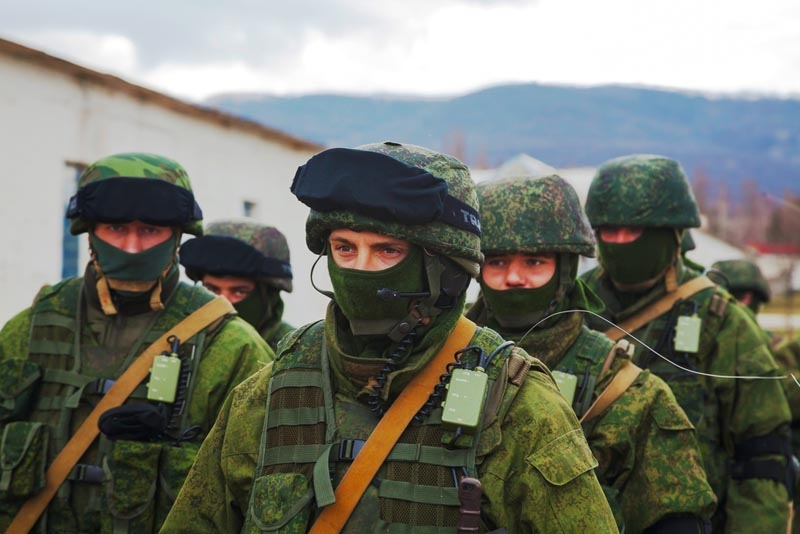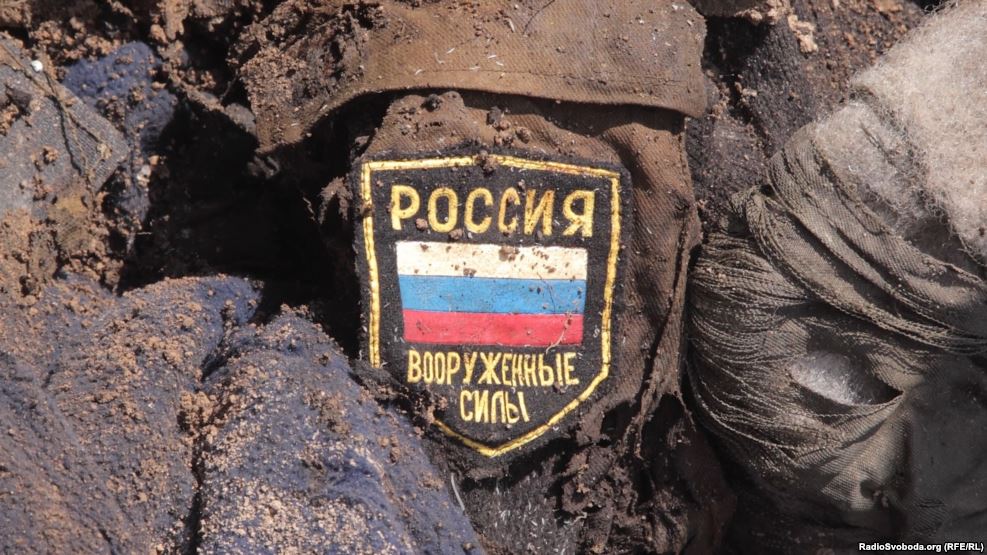
Among the many messages the Kremlin wants Russians to take away from its celebrations of Victory Day is that Moscow has arranged things so that they have lived in peace for 72 years. But in fact, Arkady Babchenko points out, the Kremlin has involved the country in military operations on average once every two years over that period.
The Moscow commentator offers a useful list for those who have forgotten that tragic reality.
From 1945 to the mid-1950s, Moscow engaged in operations against the Forest Brothers on the territory of the USSR that Stalin had absorbed as a result of the Molotov-Ribbentrop Pact. Then, it did the following:
- In 1946, Soviet forces provided military assistance to the Chinese Communists in Manchuria.
- In 1950, Soviet air forces participated in the Korean War.
- In 1956, Soviet forces invaded Hungary.
- In 1960, 1964, and 1969, Soviet forces were active in Laos.
- In 1962, Soviet forces were involved in Algeria.
- In 1962 and 1967, Soviet forces were involved in Yemen.
- In 1965, Soviet forces were involved in Vietnam.
- In 1967-1974, Soviet forces supported Egypt in the Arab-Israeli wars.
- In 1967, Soviet forces were in Syria.
- In 1967, 1975, and 1984, Soviet forces were involved in Mozambique.
- In 1968, Soviet forces invaded Czechoslovakia.
- In 1969, Soviet forces clashed with the Chinese army on Damansky Island.
- In 1970, Soviet forces were involved in Cambodia.
- In 1974, Soviet forces were involved in Bangladesh.
- In 1975-1979, Soviet forces were involved in Angola.
- In 1977, Soviet forces were involved in Ethiopia.
- In 1978, Soviet forces were involved in Nicaragua.
- In 1979, Soviet forces invaded Afghanistan and remained there for ten years.
- In 1982, Soviet forces were involved in Syria and Lebanon.
- In 1987, Soviet forces were involved in Chad.
- In 1988, Soviet forces were involved in Karabakh.
- In 1989, Soviet forces killed 19 and wounded 291 Georgians in Tbilisi.
- In 1991, Soviet forces were involved in South Ossetia.
- In 1991, Soviet forces killed 15 Lithuanians in Vilnius and attacked demonstrators in other Lithuanian cities.
- In 1991, Soviet forces killed seven Latvians.
- In 1991, Soviet forces killed three in Moscow.
- In 1991, irregular Russian forces dispatched by Moscow participated in the war in Yugoslavia.
- In 1992, Russian forces were involved in Abkhazia.
- In 1992, Russian forces were involved in Tajikistan.
- In 1992, Russian forces were involved in Moldova’s Trandniestria.
- In 1993, Russian forces killed approximately 150 people in Moscow alone.
- In 1994, Russian forces began the first Chechen war.
- In 1999, Russian forces began the second Chechen war.
- In 2008, Russian forces invaded Georgia.
- In 2014, Russian forces invaded and annexed Crimea and occupied part of the Donbas.
- In 2015, Russian forces became involved in Syria.
And this listing does not include the 1962 Caribbean crisis or Moscow’s peacekeeping operations under UN auspices in Sierra Leon, Sudan, Burundi, Kosovo, Bosnia and Herzegovina, Liberia, Chad and Angola, Babchenko points out.
But even leaving those out, he concludes, “the USSR and Russia in one or another degree took part in approximately 30 conflicts, that is, one war every two years,” a pattern that is hardly consistent with Moscow’s claims about peace since 1945. And it took losses: 17,000 killed in Soviet times, and an unknown but mounting number in Russian ones.
Related:
- Putin regime now entering its fifth and final phase, Yakovenko says
- Like his ‘hybrid wars,’ Putin’s ‘hybrid repressions’ are all too real, Tuomi says
- Putin’s wars come home to Russia — despite Moscow’s efforts to hide the bodies
- Russia suffering staggering indirect human losses from its wars, retired colonel says
- Putin’s wars already costing Russia ~100 billion US dollars a year, Illarionov says
- Scholar: Russian Orthodox Church Moscow Patriarchate supports repressions, militarism
- West fails to recognize nature and scope of Putin’s hybrid war against it, Eidman says
- Putin’s ‘improvised war hysteria’ risks going ‘out of control,’ Shelin says
- Survey: Most Russians say they want a democracy but don’t support democratic values
- Lilia Shevtsova: Russia today “only capable of fake militarisation”








